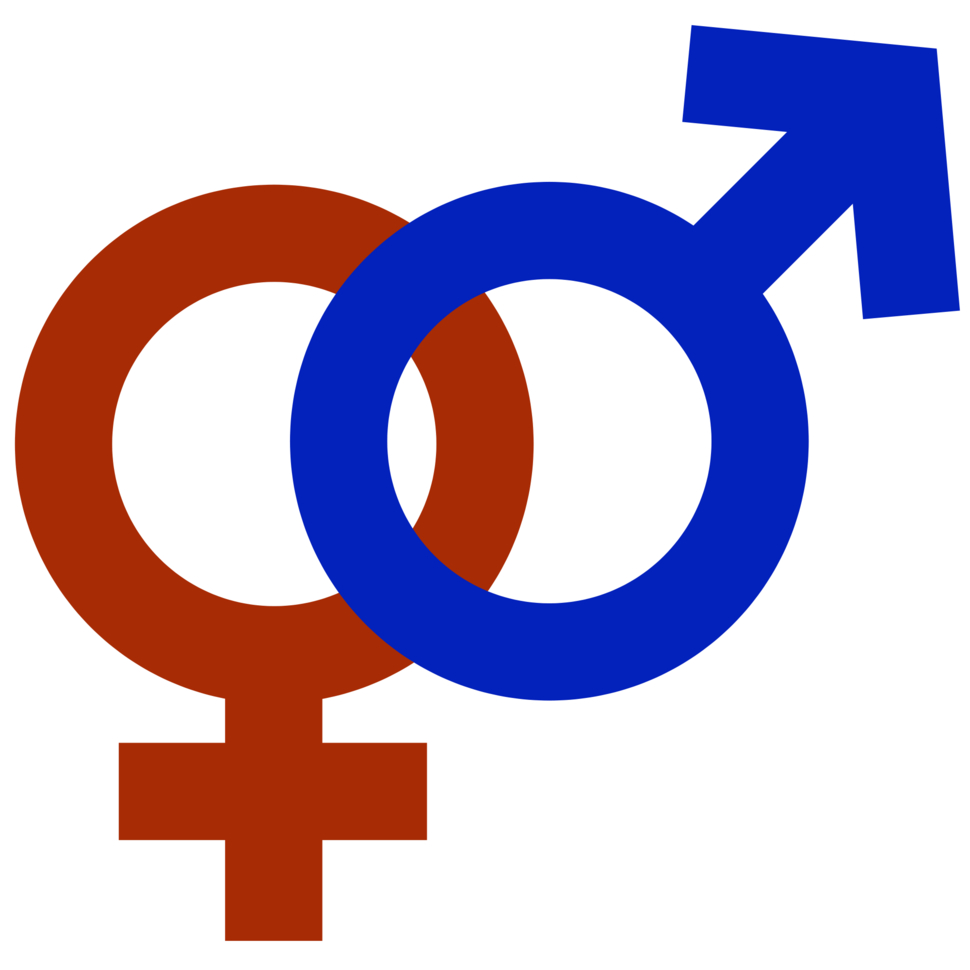Gender division varies across different ethnic groups. Among the Akan, women assume the basic domestic and childcare roles. Both genders assume responsibility for basic agriculture production, although men undertake the more laborious tasks and women the more repetitive ones. Women will work on their husbands' farms but will also farm on their own. Traditional craft production is divided according to gender. Men are weavers, carvers, and metalworkers. Women make pottery and engage in food processing. Petty trade, which is a pervasive economic activity, is almost exclusively a woman's occupation. Women independently control any money that they receive from their own endeavours, even though their husbands normally provide the capital funding. Wives, however, assume the main work and financial responsibility for feeding their husbands and children and for other child-care expenses. Akan women also assume important social, political, and ritual roles. Within the lineage and extended family, female elders assume authority, predominantly over other women. The oldest women are considered to be the ablest advisers and the repositories of family histories. This is an example of acquiring status due to your position (Trompenaars, 2001).
Among the Ga and Adangme, women are similarly responsible for domestic chores. However, they do not do any farm work and are heavily engaged in petty trade. Ga women are especially prominent traders as they control a major portion of the domestic fish industry and the general wholesale trade for Accra, a Ga homeland. Northern and Ewe women, on the other hand, have fewer commercial opportunities and assume heavier agricultural responsibilities in addition to their housekeeping chores (Advameg, 2014) (Bradt, 2014).
